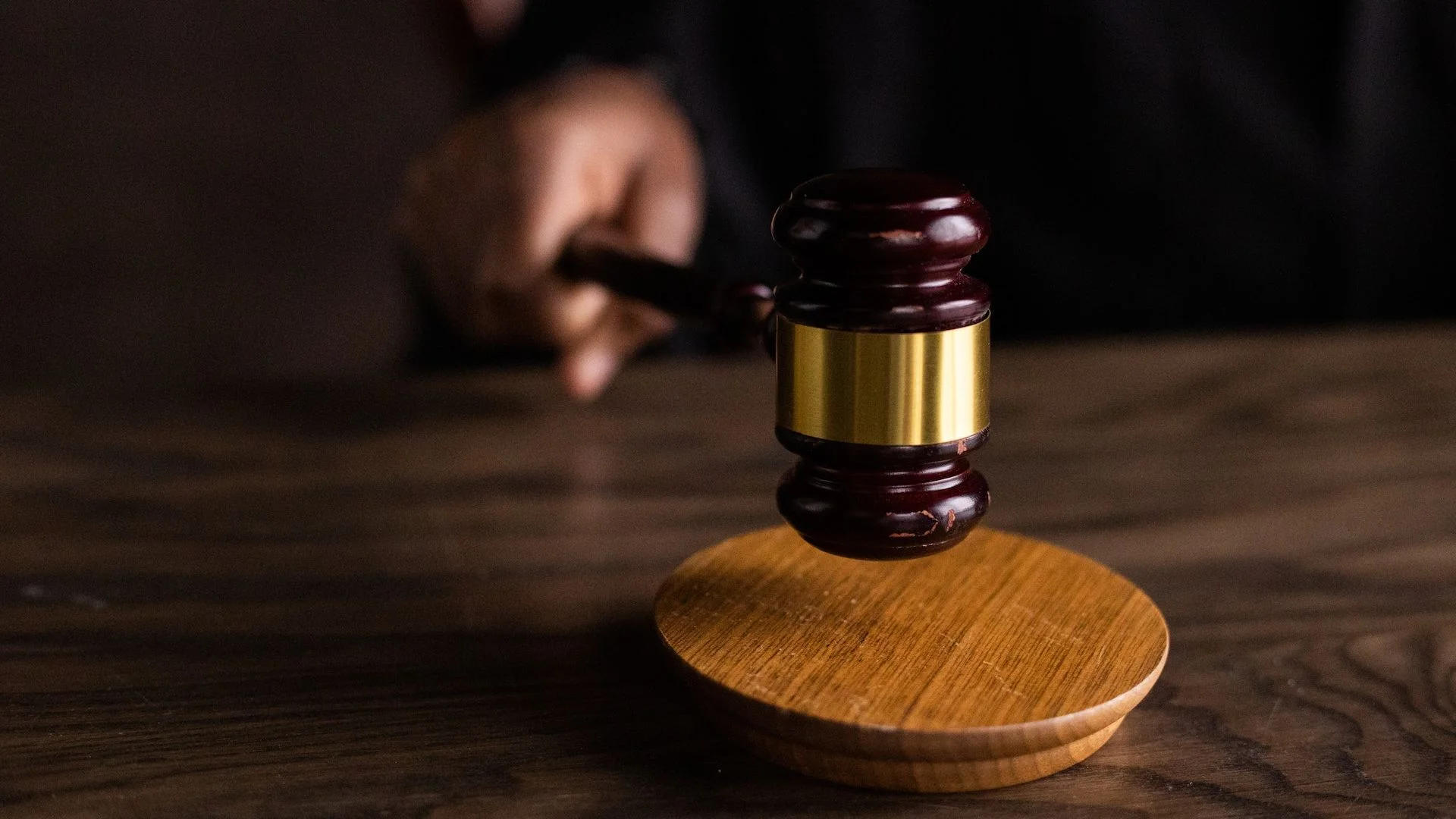We’ve been following developments in the Trump Administration’s proposed public charge rule since August 2019. The policy, which would dramatically impact low-income immigrants and their families, has been continuously challenged in court, and implementation has therefore been delayed for many months.
The Supreme Court voted 5-4 to allow Trump’s rule to go into effect. The new rule created a strict definition of who immigration officers can consider a potential public charge. Green cards will not be approved for applicants who have used public assistance—including Medicaid, food stamps, and housing vouchers—in the three years preceding their application.
Reliance on government assistance, particularly with cash benefits, had been a disqualifying factor for intending immigrants for many years. The proposed new rule expanded the existing policy to make it increasingly enforceable and significantly more restrictive. Instead of only denying applicants who had relied on public assistance for food, housing, and health care, the new policy also disqualified anyone who had received supplemental benefits for any reason and for short periods of time.
Officials had already seen a decrease in applications for public benefits such as Medicaid, WIC, TANF, and SNAP since the Trump administration announced the proposed rule. Fear of repercussions for accepting government assistance had a significant negative impact on individuals, families, and young children who would otherwise qualify for supplemental benefits. The rule also unfairly targeted lower-income immigrants, even those who were not necessarily reliant on public assistance but who had used it temporarily in the past for health reasons or to supplement income.
What Is the “Public Charge” Rule?
The concept of “public charge” has been part of immigration law in the US since at least 1882, but it wasn’t formally defined until May 1999, when the former Immigration and Naturalization Service (INS)—the agency which predated the Department of Homeland Security (DHS)—released what is commonly referred to as the 1999 Interim Field Guidance.
This guidance defined a “public charge” as someone who is “primarily dependent on the Government for subsistence, as demonstrated by either the receipt of public cash assistance for income maintenance or institutionalization for long-term care at Government expense.”
This is the current standard both the DHS and the Department of State (DOS) use.
Where Does the Public Charge Rule Stand Now?
During the Trump administration, the Public Charge Rule was dramatically expanded to decrease the number of people who were eligible for green cards and other visas.
In 2019, two versions of the rule were released, but neither version of the 2019 rule is still in effect.
- The DHS public charge rule: This rule applied to green card applicants within the United States. The Biden Administration halted it on March 9, 2021.
- The DOS public charge rule applied to those outside the United States. It was paused indefinitely on July 29, 2020 due to a court order.
Biden Administration Proposed Its Final Version of the Public Charge Rule
The Biden administration withdrew the 2019 rule in 2021 and unveiled its own final version of the Public Charge Rule for green card and visa applicants, as part of a multi-year effort to unwind a Trump-era policy that immigrant and civil rights advocates widely decried as a discriminatory wealth test.
The 2022 rule mirrors the 1999 Interim Field Guidance by defining a public charge as someone who is “primarily dependent on the government for subsistence,” as demonstrated by either: 1) using public cash assistance for income maintenance, or 2) institutionalization for long-term care at government expense.
Specifically, this includes:
- SSI (Supplemental Security Income)
- State and local cash assistance (referred to as “General Assistance”)
- TANF (Temporary Assistance for Needy Families—referred to as “welfare”)
- Medicaid or other programs supporting long-term institutionalized care, such as in a nursing home or mental health institution
Thirteen Republican-Led States Tried to Intervene to Defend a Controversial Trump-Era Policy
On Jun 15, 2022, the US Supreme Court threw out an attempt by Arizona and 12 other states to defend a controversial Trump-era policy that made it challenging for legal immigrants to live in the country if they used or relied on particular public benefits. The policy, a 2019 revision of the Public Charge Rule, was a complicated and contentious revision of previous longstanding guidance and was roundly criticized as a discriminatory “wealth test.” Numerous immigrant and civil rights organizations sued to prevent the rule from going into effect, and a complicated, nationwide legal tap dance ensued at multiple court levels before the Biden administration allowed the rule to be vacated across the country and finally formally withdrew it.
Three separate Circuit Courts of Appeal upheld the lower court injunctions over the course of 2020, and the federal judge in Illinois vacated the Rule in a November 2020 decision. However, the appeals court prevented the judge’s decision from going into effect, anticipating an appeal from the Trump Administration. The Biden Administration, however, dropped the appeal once it came to power in 2021, which permitted the Illinois federal judge’s order vacating the rule to go into effect nationwide.
In 2021, a coalition of states led by Arizona tried to intervene in the California public charge. The states argued that the federal government was declining to defend the rule, and they sought permission to defend the rescinded rule in the government’s place. The appeals court declined the request, and the group of states appealed to the US Supreme Court. Though the Supreme Court initially agreed to hear the case, they eventually dismissed it.
Speak with an Immigration Attorney
Applicants with pending petitions or upcoming interviews are encouraged to speak with an immigration attorney before visiting a USCIS field office, US embassy, or consulate abroad, to avoid a denial based on the public charge rule. What officers will require from intending immigrants before they’ll issue an approval is still unclear, but applicants will likely need to complete a “wealth test” that verifies whether they have used any kind of government assistance during a certain period of time and places harsher restrictions on income verification.
Give us a call today at (503) 427-8243. Or, you can schedule a one-on-one consultation with one of our top-notch lawyers here.







